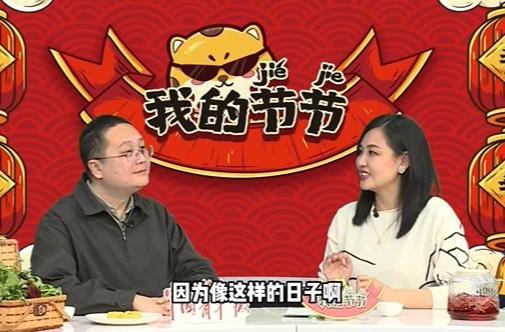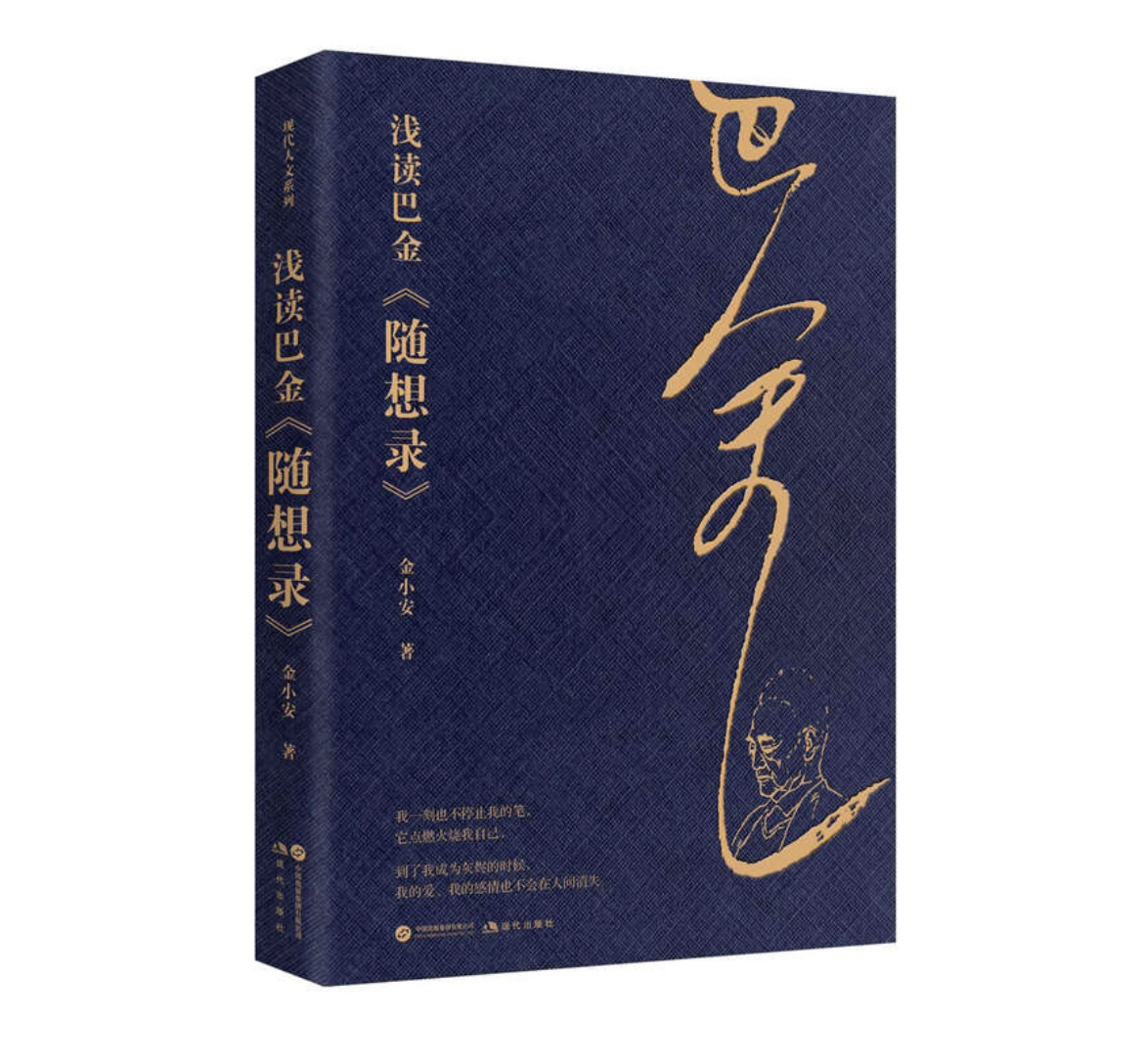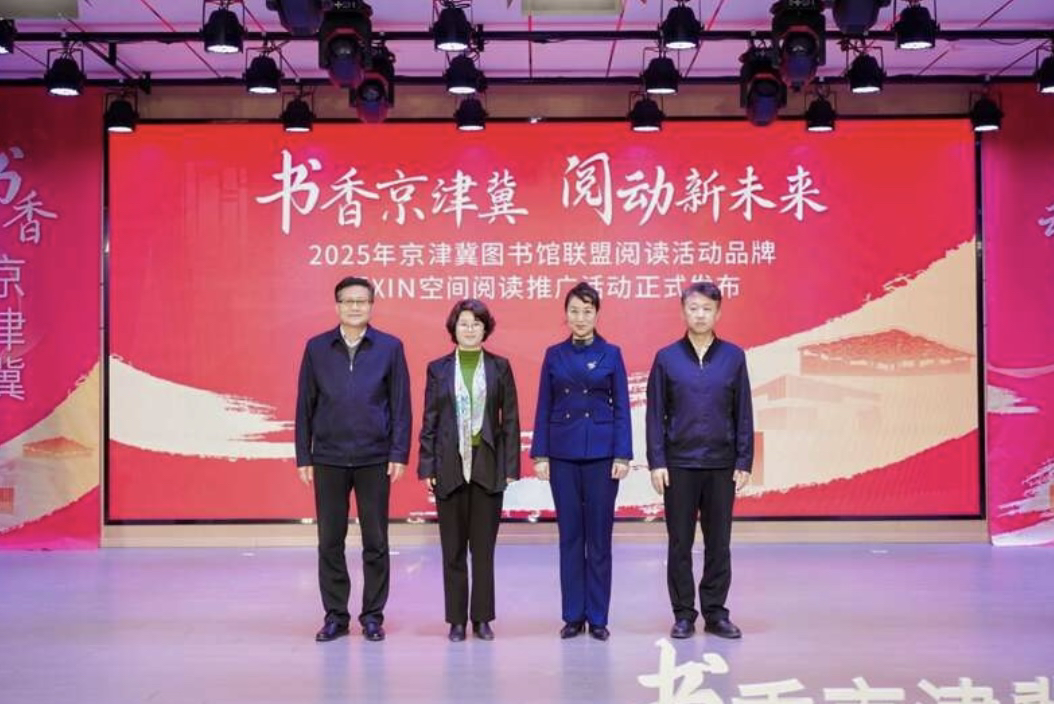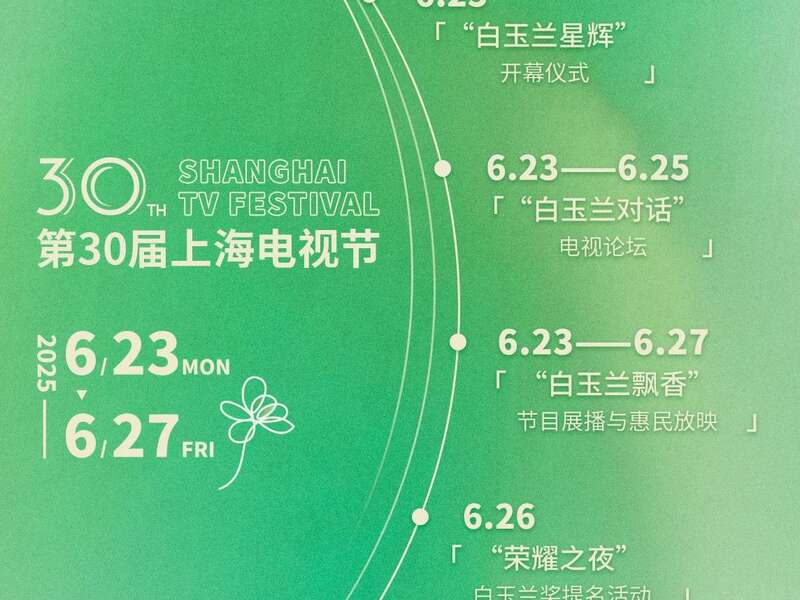Spokesperson's Remarks|China urges Japan to handle Taiwan question with extra prudence
China urges Japan to deliver on its commitment, handle the Taiwan question with extra prudence and take concrete actions to maintain the momentum of improvement and development in China-Japan relations, Chinese Foreign Ministry spokesperson Guo Jiakun said at a regular press conference in Beijing on Monday.
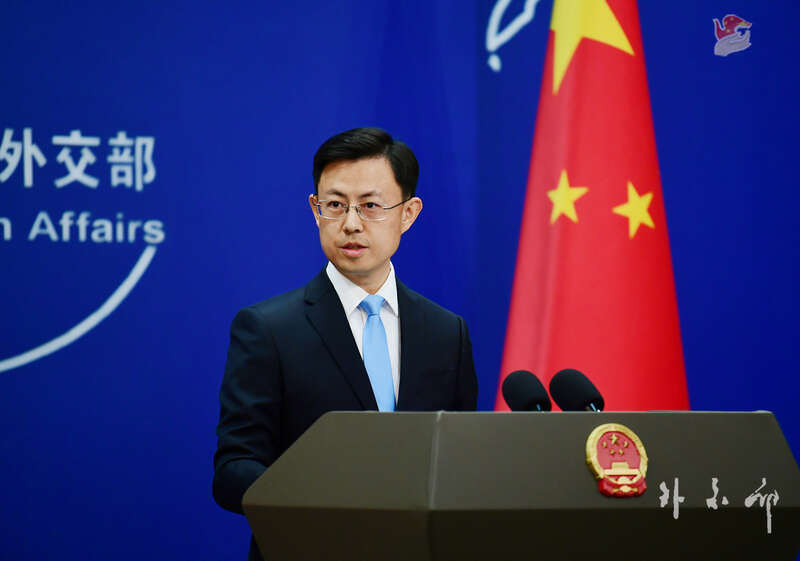
Guo's remarks came after Foreign Minister Wang Yi's recent visit to Japan, during which Wang emphasized the importance of adhering to the four political documents between China and Japan that clearly outline China's stance on the Taiwan question.
Guo pointed out that Taiwan is an inalienable part of China's territory. The Taiwan question is at the core of China's core interest, and bears on the political foundation of China-Japan relations and basic trust between the two countries.
Guo noted that this year marks the 80th anniversary of the recovery of Taiwan. Japan undeniably bears historical responsibilities on the Taiwan question. The Cairo Declaration issued by China, the U.S. and the UK in 1943 stated in explicit terms that Taiwan is a territory that Japan had stolen from the Chinese, and shall be restored to China. Article 8 of the Potsdam Proclamation jointly issued by China, the U.S., the UK and the Soviet Union in 1945 stipulates that the terms of the Cairo Declaration shall be carried out. On August 15, 1945, Japan accepted the Potsdam Proclamation and announced unconditional surrender. Later in 1972, Japan pledged in the China-Japan Joint Statement that it firmly maintains its position under Article 8 of the Potsdam Proclamation. The Treaty of Peace and Friendship Between China and Japan signed in 1978 clearly stated that the principles set out in the statement should be strictly observed. The treaty was deliberated and approved by the legislators of the two countries, and together with the China-Japan Joint Statement, constitute legally binding documents that provide guidance for the bilateral ties. The above-mentioned historical evidence and legal basis fully show that abiding by the one-China principle is the serious political commitment and obligation under international law that Japan must follow.
Guo said that the false narrative, including "a Taiwan emergency is a Japanese emergency" and "the China-Japan Joint Statement is not legally binding", will gravely erode the political foundation of China-Japan relations. Such narrative is not only wrong, but also very dangerous. (By Ma Ziqian/China Youth Daily)
